VATICAN CORNER
On Sunday Sept. 20, 2015, Pope Francis celebrated an outdoor Mass in Havana Cuba’s Revolution Square. Those attending were President Raúl Castro, the other leaders of the Cuban communist government, and tens of thousands of Cubans. Also there was Cristina Fernandez de Kirchner, president of Argentina. Wherever in Cuba Pope Francis spoke, he refrained from any direct criticisms of the Cuban government. Although some of his comments could be interpreted as disapprovals. He was careful to avoid seeming too political and his caution frustrated some Cuban dissidents, who wanted a public meeting with him and wanted him to take political sides. Three dissidents were stopped from shouting and distributing leaflets near Revolution Square and their leader said that more than 60 people had been arrested before and during the Pope’s visit, including three prominent female activists who were in contact with the Pope’s delegation. But he noted that the detentions had been conducted carefully, a sign of the changing times. An example of the balancing act the Pope was doing was at the welcoming ceremony on Saturday. He first thanked President Castro and conveyed his respects to Fidel Castro, then in a nod to dissidents he added that he “would like my greeting to embrace especially all those who, for various reasons, I will not be able to meet, and to Cubans throughout the world.” At his homily at the Mass at Revolution Square, the Pope spoke of how “Christians are constantly called to set aside their own wishes and desires, their pursuit of power, and to look instead to those who are most vulnerable”. He summoned Cubans to embrace the Christian ideal of service, “for we do not serve ideas. We serve people.” After the Mass on Sunday, Francis met for more than a half-hour with retired President Fidel Castro and members of his family for what the Vatican spokesman described as an informal and familial chat. The two men exchanged books. Francis also had a private meeting with President Raúl Castro at the Palace of Revolution, though neither of them made any public statements. Cuba once heavily Catholic, has long mattered to the Vatican, just as Cuba has long influenced South America. During the 1970s, Fidel Castro and other Cuban revolutionaries helped inspire and train the guerrilla movements in Argentina and elsewhere across the continent. More recently, populist leftist leaders in Venezuela, Ecuador and Bolivia have embraced Cuba and the Castro political legacy. One analyst, Mr. La Bella said that Francis did not endorse the politics of those leftist leaders but that he recog-nized they have tapped into a sentiment shared by many people across Latin America. “Francis wants to connect with that hope for change that these movements express,” Mr. La Bella said. “For Francis, Cuba is a strategic front line for the new relationship with South American countries.”
Source = NYTimes.com, BBC.com, CNN.com
